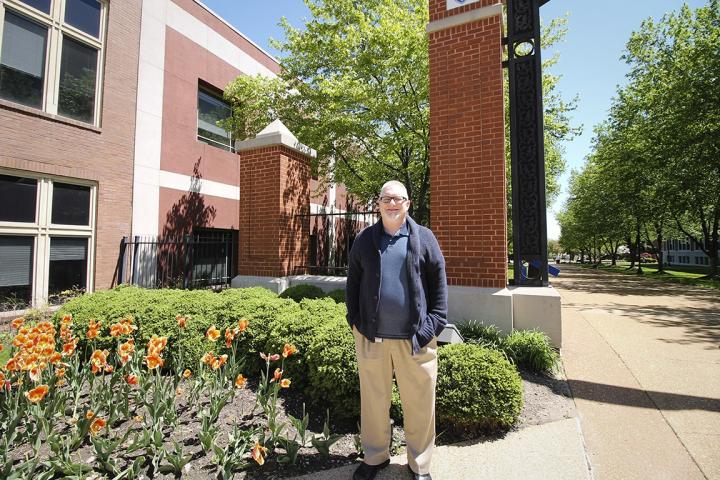Chanel Taps Naomi Campbell for New J12 Watch Campaign
Earlier this month, model Naomi Campbell celebrated 33 years of working in the fashion industry. In her time, she’s walked countless runway shows, landed on more than 800 magazine covers, and guest starred in TV shows like Fresh Prince of Bel Air and music videos like George Michael’s Freedom!. Today, she adds another line to…
Details








